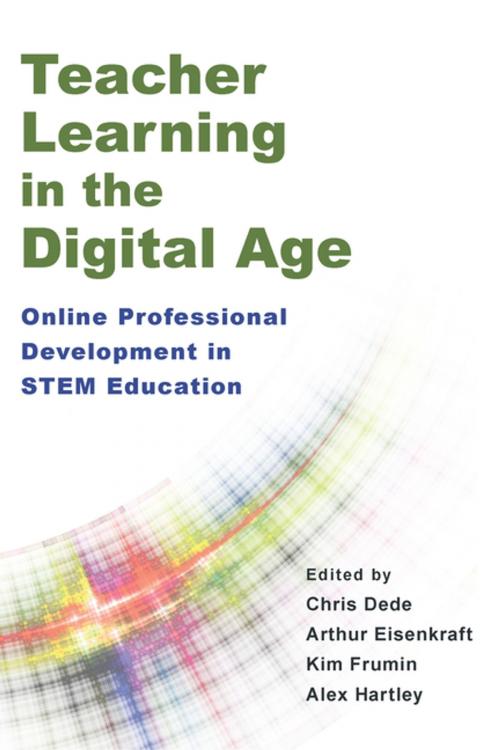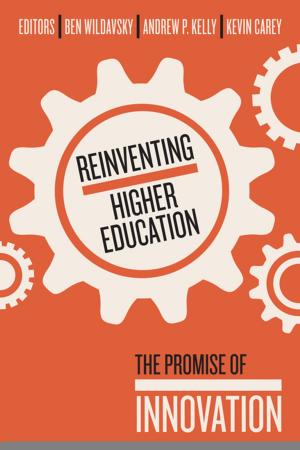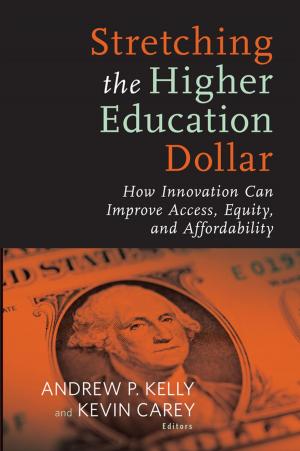Teacher Learning in the Digital Age
Online Professional Development in STEM Education
Nonfiction, Reference & Language, Education & Teaching, Teaching, Computers & Technology| Author: | ISBN: | 9781612508993 | |
| Publisher: | Harvard Education Press | Publication: | March 29, 2016 |
| Imprint: | Harvard Education Press | Language: | English |
| Author: | |
| ISBN: | 9781612508993 |
| Publisher: | Harvard Education Press |
| Publication: | March 29, 2016 |
| Imprint: | Harvard Education Press |
| Language: | English |
With an emphasis on science, technology, engineering, and mathematics (STEM) training, Teacher Learning in the Digital Age examines exemplary models of online and blended teacher professional development, including information on the structure and design of each model, intended audience, and existing research and evaluation data. From video-based courses to just-in-time curriculum support platforms and MOOCs for educators, the cutting-edge initiatives described in these chapters illustrate the broad range of innovative programs that have emerged to support preservice and in-service teachers in formal and informal settings.
“As teacher development moves online,” the editors argue, “it’s important to ask what works and what doesn’t and for whom,” They address these questions by gathering the feedback of many of the top researchers, developers, and providers working in the field today.
Filled with abundant resources, Teacher Learning in the Digital Age reveals critical lessons and insights for designers, researchers, and educators in search of the most efficient and effective ways to leverage technology to support formal, as well as informal, teacher learning.
With an emphasis on science, technology, engineering, and mathematics (STEM) training, Teacher Learning in the Digital Age examines exemplary models of online and blended teacher professional development, including information on the structure and design of each model, intended audience, and existing research and evaluation data. From video-based courses to just-in-time curriculum support platforms and MOOCs for educators, the cutting-edge initiatives described in these chapters illustrate the broad range of innovative programs that have emerged to support preservice and in-service teachers in formal and informal settings.
“As teacher development moves online,” the editors argue, “it’s important to ask what works and what doesn’t and for whom,” They address these questions by gathering the feedback of many of the top researchers, developers, and providers working in the field today.
Filled with abundant resources, Teacher Learning in the Digital Age reveals critical lessons and insights for designers, researchers, and educators in search of the most efficient and effective ways to leverage technology to support formal, as well as informal, teacher learning.















